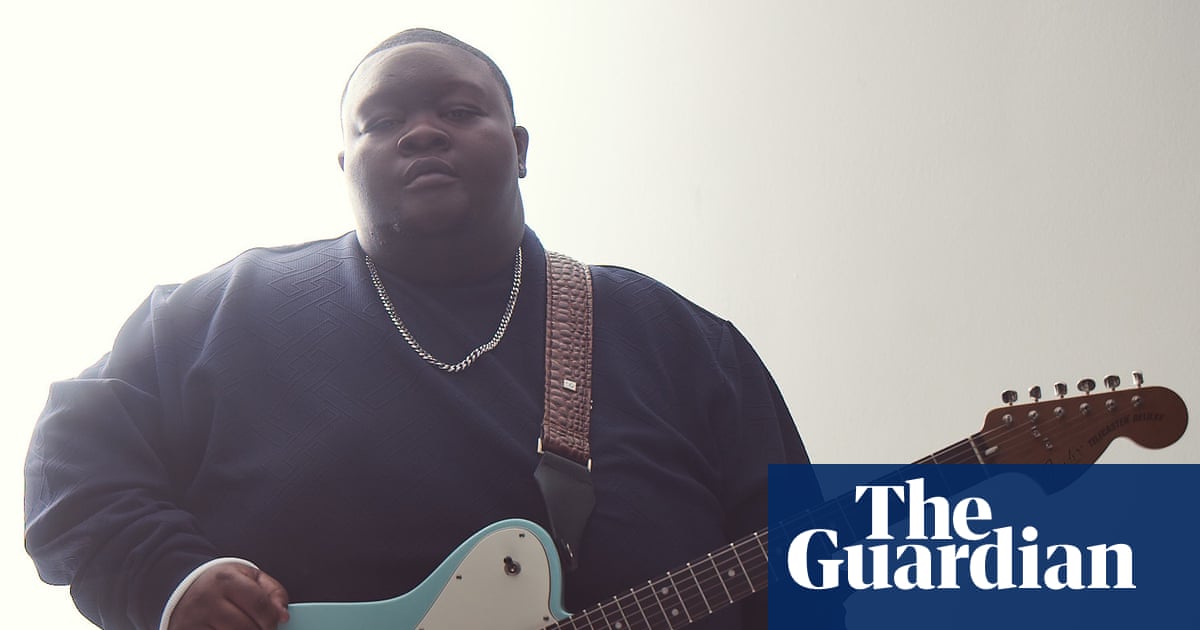It is the simple life-saving sequence taught in many a first aid lesson: when someone collapses, first check their airways, then breathing and finally circulation before starting chest compressions if needed.
But experts have warned this approach to CPR could be increasing the risk of death for athletes experiencing a cardiac arrest.
Researchers in Israel say a focus on clearing airways, and in particular the mistaken belief it is possible to swallow your tongue, is leading to delays in starting cardiopulmonary resuscitation in such cases.
“The first response should be immediate initiation of chest compressions,” said Dr Dana Viskin, of Tel Aviv University.
Viskin said the tongue was anchored in the mouth by different muscles and ligaments, making it impossible to swallow – although she noted paralysis or total relaxation of the main muscle of the tongue could obstruct the airways and lead to suffocation.
But Viskin said an initial focus on airways when responding to cardiac arrest events in athletes was problematic.
“A quick response – especially chest compressions and early defibrillation – is critical. Time spent checking the airway or trying to prevent ‘tongue swallowing’ only delays life-saving treatment,” she said.
Writing in the Canadian journal of Cardiology, Viskin and colleagues identified online footage of 45 cases between 1990 and 2024 in which athletes collapsed during competitions or training and underwent attempts at resuscitation. The first action taken by others was visible in 38 of the cases.
Thirty of the athletes had a cardiac arrest. In 27 of these cases, the first response involved “inappropriate” actions, such as preventing tongue swallowing by forcing open the athlete’s mouth, before starting CPR. This was the case when Denmark’s Christian Eriksen collapsed on the pitch during the Euro 2020 match against Finland in 2021.

The researchers said that in 18 of these 27 cases, the athlete was known to have subsequently died or remained in a vegetative state. None of the three athletes who received CPR as the first response had such outcomes.
“The small number of cases without an attempt to prevent ‘tongue swallowing’ does limit the ability to draw strong statistical comparisons regarding outcomes like brain injury,” said Viskin. “However, there is a striking consistency of the incorrect initial response across most cases and that itself is a powerful finding.”
The researchers also studied high-visibility news articles about the cases, finding many used the term “tongue swallowing” and often praised actions to prevent it.
“This is important because such reports have enormous numbers of views,” the authors wrote.
The team suggested the myth of tongue swallowing appeared to be widespread and could have been unintentionally promoted by the airways, breathing, circulation (A-B-C) sequence for basic CPR. They said these steps were in effect reordered to C-A-B in the American Heart Association CPR guidelines in 2010.
A spokesperson for the College of Paramedics said its advice to members of the public witnessing a suspected cardiac arrest was to follow the Resuscitation Council UK guidance for CPR, starting chest compressions and calling 999 if someone became unconscious, unresponsive, and was not breathing or breathing noisily.
“Early chest compressions are recognised to be of critical importance in saving individuals experiencing cardiac arrest and that’s why paramedics will not delay chest compressions,” they said. “When trained professionals and responders manage patients experiencing sudden cardiac arrest, chest compressions will be prioritised whilst another professional manages the airway.”

 3 months ago
90
3 months ago
90

















































